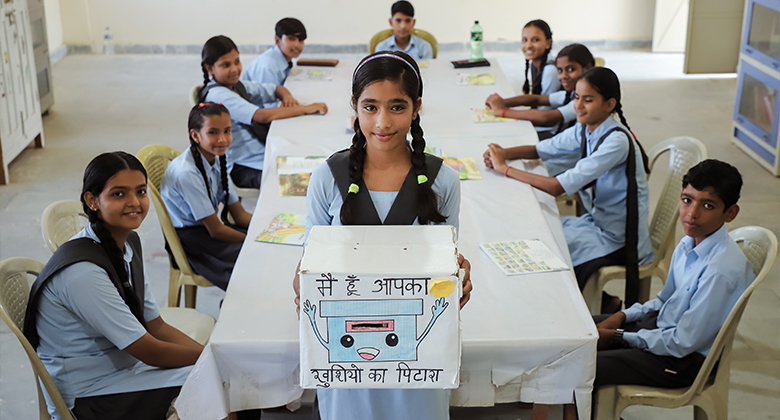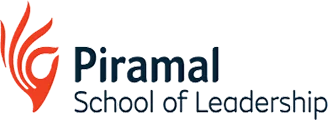
We no longer live in an era where governments and citizens operate in separate spheres. Driven by advancements in technology, media, and the evolution of institutions such as the judiciary, the engagement between government and citizens has transcended barriers. Practices like feedback mechanisms, reflection, and dialogue have brought these entities closer, fostering collaboration and shared responsibility.
While public service may seem primarily administered by government bodies, there exists a vast network of non-governmental organizations (NGOs) working alongside them to achieve social objectives. For instance, alongside the approximately 3.1 million central government officials and 15 million state government officials serving the populace, there are nearly 3.1 million NGOs engaged in various forms of public service. These organizations operate both independently and in conjunction with governmental bodies, contributing to a dynamic landscape of civic engagement.
The Piramal Foundation stands as one of the largest foundations in the nation, facilitating the delivery of constitutional values such as justice, equality, human dignity, and freedom. Through a multifaceted approach encompassing interventions for government functionaries, institutional strengthening, and addressing complex systemic issues across education, health, and climate change domains, the foundation plays a pivotal role in societal advancement.

A cornerstone initiative of the Piramal Foundation is the Piramal School of Leadership (PSL) – a groundbreaking institution focused on cultivating personal transformation among the government middle-managers. PSL serves as an experiential hub for fostering qualities such as compassion and 'Sewa Bhaav', with the overarching goal of revitalizing public systems to meet the challenges of the 21st century.
In the realm of education, PSL spearheads innovative efforts to equip state governments and institutions with the tools necessary to impart 21st-century literacies to students. These literacies encompass socio-emotional, aesthetic, physical, digital, and vocational skills, among others. Through collaborative partnerships with government bodies, the foundation not only co-creates operational models but also empowers governmental systems through process enhancements, compassionate governance frameworks, organizational development, technological integration, and leadership development.

Collaborations between government entities and philanthropic organizations have evolved significantly, driven in part by progressive policies such as the National Education Policy 2020 (NEP 2020). Philanthropy on the other hand also has moved away from writing cheques as charity to do strategic engagements for systemic change having multiplier effects, scope for institutionalization, and impact aligned to national social goals. Organizations like the Piramal Foundation are not just funding projects but are deeply involved in design, execution, and scalability supporting governments with agility, and a flair for innovation.
This shift towards responsive governance, coupled with philanthropy's move towards strategic engagement for systemic change, has ushered in an era of innovation and empathy in public service delivery. The concept of 'compassionate government' is gaining traction, emphasizing citizen-centric governance models grounded in empathy, active listening, and feedback mechanisms. This collaborative approach promises a future characterized by adaptability, efficiency, and empathy as cornerstones of effective statecraft.

Building Capacities Within the Government
Efforts to build capacities within governmental systems are crucial for ensuring continuous learning and knowledge transfer, thereby enhancing workforce expertise and adaptability. Deeper collaborations between philanthropic entities and governments can bolster the capacity to anticipate and address emerging challenges proactively, mitigating potential issues before they escalate.

At the Piramal School of Leadership, a proactive approach is adopted, with teams actively engaging with government schools across various districts and states to identify and address existing and potential challenges. By fostering innovation and building capacity within the education system, the foundation strives to ensure readiness for any future contingencies. Moving beyond conceptual frameworks, the focus is on tangible results and the creation of public goods that elevate the quality and effectiveness of educational initiatives nationwide. Data-driven approaches are employed to measure outcomes and inform best practices, with a commitment to transparency and knowledge sharing.

The collaborative efforts between government and philanthropy represent a paradigm shift in governance, ushering in a future where adaptability, efficiency, and empathy drive societal progress. Embracing this transformation is not just a choice for tomorrow but a necessity for today, with the potential to yield monumental benefits for society at large. As an active participant in this transformative journey, I am committed to shaping a brighter future for generations to come. I’ve decided not to be just a witness but to be a part of this transformation!
TAGS
SHARE





